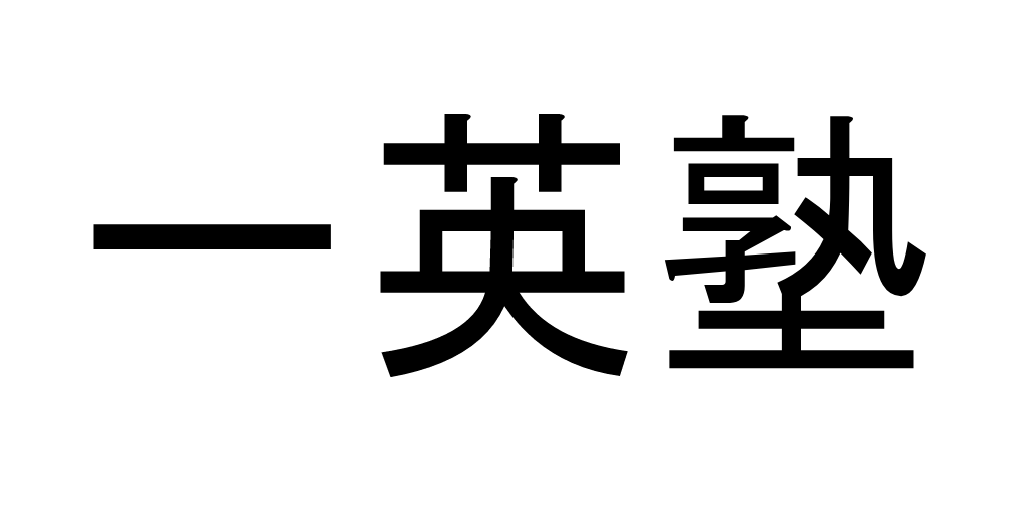ディスコースマーカーは、英文において、文章や会話の流れを整理し、相手に情報を伝えるために使われるものです。文と文、または文章と文章のつながりを強調し、読者や聞き手に意図や感情を伝えるのに役立ちます。接続詞・副詞が主ですが、それだけに限りません。
ディスコースマーカーは、文脈や目的に応じて異なる役割を果たします。以下では、逆説、対比、追加、結果、進行といった機能に基づいてディスコースマーカーをグループ化して説明します。
ディスコースマーカーの例
逆説を示すディスコースマーカー:
Although(〜だけれども): 逆説を示し、対照的な情報を導入します。
Despite(〜にもかかわらず): 逆説を示して、予想に反した結果を述べます。
Even though(〜であるけれども): 逆説を示し、予想に反しての状況を述べます。
例:
Although it was raining, they still went for a walk.
Despite their efforts, they couldn’t win the game.
Even though he studied hard, he didn’t pass the exam.
対比を示すディスコースマーカー:
On the other hand(一方で): 前の文や文脈で示されたアイデアに対して、対照的な観点を示します。
Conversely(逆に): 前の文と反対の視点を示す際に使われます。
In contrast(対照的に): 異なる点や観点を示します。
例:
She is talented; on the other hand, her brother is not interested in music.
The study found that exercise has health benefits; conversely, a sedentary lifestyle can lead to health issues.
In contrast to the previous year, sales increased significantly.
追加を示すディスコースマーカー:
Furthermore(さらに): 追加のポイントや情報を導入します。
Moreover(さらにまた): 追加の情報を示し、furthermoreと類似の意味です。
Additionally(加えて): 他の点と一緒に追加の情報を導入します。
例:
The new product is highly efficient; furthermore, it is eco-friendly. The research provides valuable insights; moreover, it can be used to inform policy decisions.
The company provides excellent benefits; additionally, it offers flexible working hours.
結果を示すディスコースマーカー:
Therefore(したがって): 前の文から結果や結論を導く際に使われます。
Thus(したがって): 結果や帰結を示す際に使われ、thereforeと類似の意味です。
Consequently(結果として): 前の文の結果として生じる結果や影響を示します。
例:
The weather was terrible; therefore, we decided to stay indoors.
The road was blocked; thus, we had to find an alternative route.
The company experienced a financial crisis; consequently, many employees were laid off.
進行を示すディスコースマーカー:
Next(次に): 次の段落や主題に移る際に使われます。
Moving on(次に進んで): 次の主題やトピックに進むことを示します。
Meanwhile(その間に): 同時に起こる他の出来事を示す際に使われます。
例:Next, we will discuss the methodology used in the experiment.
Moving on, let’s examine the main factors that contributed to the success of the project.
The team was preparing for the presentation; meanwhile, others were finalizing the report.
これらのディスコースマーカーは、文章の構造を整理し、論理的なつながりを強調するのに役立ちます。適切に使用することで、読者に対して明確で理解しやすい文章を作成することができます。
また、読解の際には、これらを目印にすることで、読みやすくなります。
さらに例を挙げます。
逆説
- しかし(However):
- 彼は非常に頭がいいです。しかし、成績は良くないです。
- I have been practicing a lot. However, I still find it difficult.
- だが(Yet):
- 彼女は勉強熱心です。だが、試験の成績は上がらない。
- He has all the necessary qualifications. Yet, he didn’t get the job.
- けれども(Although/Though):
- 彼は訓練を受けています。けれども、経験が少ないです。
- Although she worked hard, she couldn’t win the competition.
- 逆に(On the contrary):
- 彼は怖がりだと思っていましたが、逆にとても大胆でした。
- I thought he was timid, but on the contrary, he was very bold.
- それでも(Still):
- 大雨が降っていますが、それでも彼は外で遊んでいます。
- It’s raining heavily, but he’s still playing outside.
- しかしながら(Nevertheless):
- 仕事が忙しいです。しかしながら、週末は楽しんでいます。
- I have a busy job. Nevertheless, I enjoy my weekends.
- しかしながら(However):
- 彼は苦境に立たされました。しかし、頭を上げて前に進みます。
- He faced adversity. However, he will hold his head up and move forward.
これらの逆説のディスコースマーカーは、文の内容や文脈によって適切に使用されることで、話し手の意図を明確に伝えることができます。
対比
- On the other hand(一方で):
前の文や文脈で示されたアイデアに対して、対照的な観点を示す際に使われます。
例:Some people prefer coffee; on the other hand, others enjoy tea.
コーヒーが好きな人もいれば、一方で紅茶を楽しむ人もいます。 - In contrast(対照的に): 異なる点や観点を示す接続詞で、対比する要素を導入します。
例:The old house was dark and gloomy; in contrast, the new one is bright and spacious.
古い家は暗く陰気だったが、対照的に新しい家は明るく広々としている。 - Whereas(〜だが一方で): 前の文と対照的な情報を示す接続詞で、対比する要素を導入します。
He loves action movies; whereas, his sister prefers romantic comedies.
彼はアクション映画が好きだが、一方で彼の姉はロマンティック・コメディが好きです。
追加・補足
- Additionally(加えて): 主に文の前の情報に追加の内容を加える際に使用されます。
例:She enjoys reading novels. Additionally, she likes to write short stories.
彼女は小説を読むのが好きです。加えて、彼女は短編小説を書くのも好きです。 - Moreover(さらにまた): 主に前の文に対してより強調して追加情報を提供する際に使われます。
例:The restaurant not only serves delicious food, but the service is excellent, moreover, the ambiance is delightful.
そのレストランはおいしい料理だけでなく、サービスも素晴らしく、さらに雰囲気も楽しいです。 - Furthermore(さらにまた): さらなる情報を加えることで、主題に対してサポートする役割を果たします。
例:The new product is highly efficient; furthermore, it is eco-friendly.
その新製品は非常に効率的です。さらに、環境にやさしいです。 - In addition(加えて): 主に文の前の情報に何かを追加する場合に使用されます。
例:They provide free Wi-Fi. In addition, they offer complimentary breakfast.
彼らは無料のWi-Fiを提供しています。加えて、無料の朝食も提供しています。 - Besides(さらに): 他にも何かを加える際に使われ、追加情報を提供します。
例:He has a busy schedule; besides, he also volunteers at the local shelter.
彼は忙しいスケジュールを持っています。さらに、彼は地元の避難所でボランティア活動もしています。
まとめ
ディスコースマーカーは、英語の長文読解問題において重要な役割を果たします。これらの要素を目印にして読むことで、文章の構造や論理的なつながりがより明確になり、読解がスムーズに行われます。
「ディスコースマーカー」という言葉そのものを知らなくても、意識的に読んでいた方も多いかと思いますが、改めて、意識して読んでいきましょう。
いちえいじゅく
一英塾





TEL:043-463-3003
一英塾(いちえいじゅく)勝田台校
勝田台駅から徒歩2分
千葉県佐倉市井野1544-31
なごみビル202
